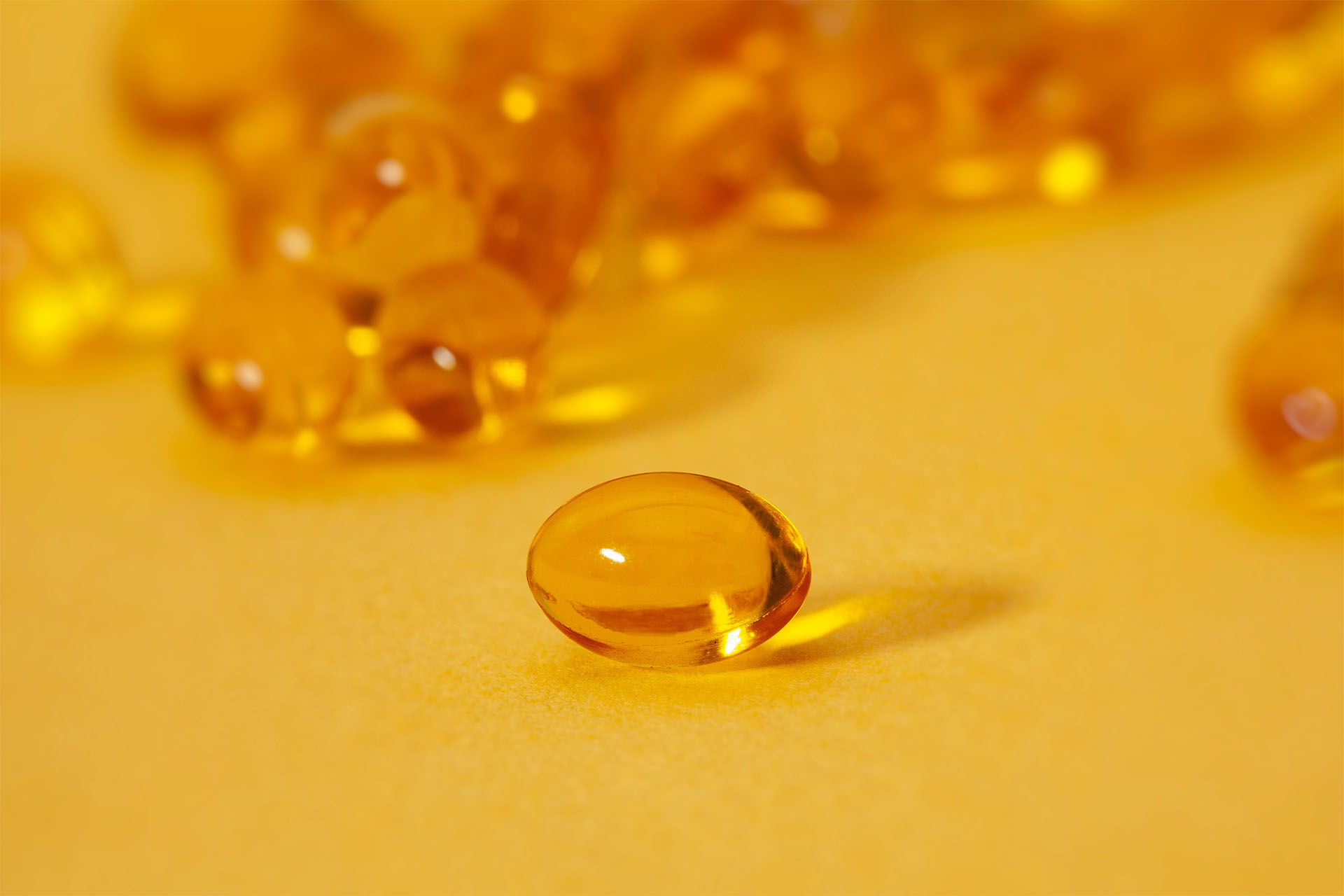Summertime is here and you’re probably taking advantage of the longer days and warmer weather to spend some time outside. But the sun does more than feel good; it helps your body produce vitamin D, an essential nutrient for strong bones, among other benefits. In this blog, we discuss the health benefits of vitamin D and the ways you can safely supplement your intake.
The Sources of Vitamin D
Vitamin D is a fat-soluble vitamin that is naturally present in some foods and available as a dietary supplement. It additionally exists as a hormone within our bodies that is activated when ultraviolet (UV) rays from sunlight strike the skin.
While most people meet at least some of their vitamin D needs through exposure to sunlight, it can be a juggling act for others. It varies by person, but you need about 10 to 30 minutes of midday sun exposure a day to get enough vitamin D. However, we all know the dangers of extended sun exposure without adequate sunscreen (a sunburn is possible after only 15 minutes), and it can be hard to get enough sun exposure here in New England during the fall and winter months.
If you don’t regularly spend time in the sun, it may be a good idea to boost your intake with vitamin supplements or by eating foods high in vitamin D, such as milk, soy milk, cod liver oil, tuna fish, egg yolk or fortified cereals.
Your vitamin D levels can be measured with a simple blood test, so talk to your health care provider. It may be a good idea to get tested in the summer and winter in our region due to the wide variation of sun exposure we experience. Also, vitamin D levels tend to be lower in the elderly, so more frequent testing may be recommended.
Building Strong Bones…And More!
This vitamin is crucial for helping the body to build strong bones as it helps with the absorption and retention of calcium, magnesium and phosphorus. An insufficient amount of vitamin D has been linked with a risk for the development of osteoporosis.
The benefits go beyond bones: additional tests have shown the vitamin’s ability to reduce cancer cell growth, control infections and reduce inflammation. A deficiency of this essential vitamin can also result in muscle weakness, pain, fatigue and depression and other serious health conditions.
Moderation is Key
While vitamin D is associated with an array of benefits, you can have too much of a good thing. When taken in appropriate doses it’s considered safe, but too much can lead to the condition “vitamin D toxicity,” which is a buildup of calcium in your blood. This can cause nausea, vomiting and weakness, or even progress to bone pain and kidney issues. Young children, the elderly and women who are pregnant or breastfeeding may be at increased risk.
Vitamin D can also interfere with some medications, which is why it’s important to always consult with your doctor or pharmacist before taking any new vitamins, mineral, supplements and medications.
If you’re interested in adding vitamin D supplements your medication regimen, contact us to speak to one of our pharmacists about any potential concerns or interactions.

